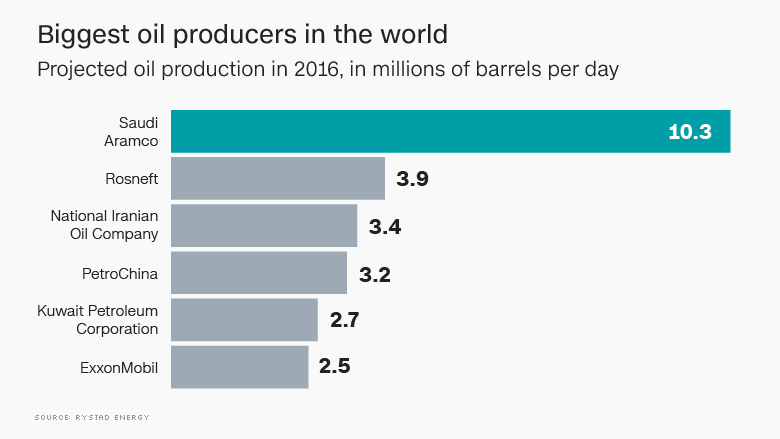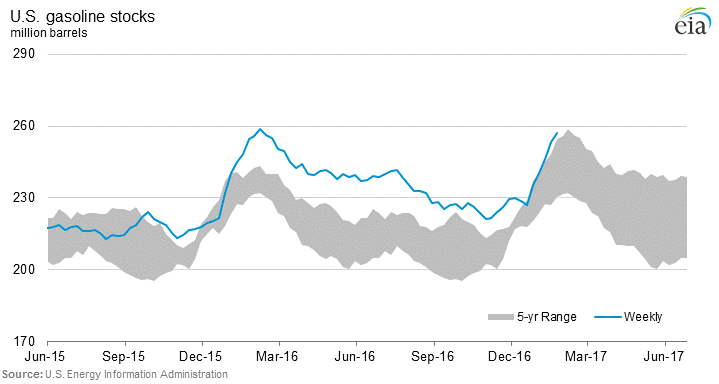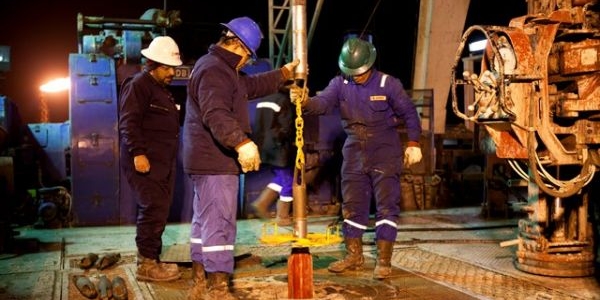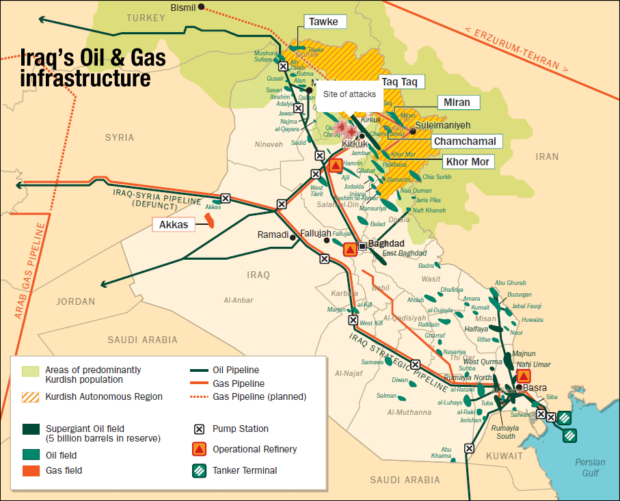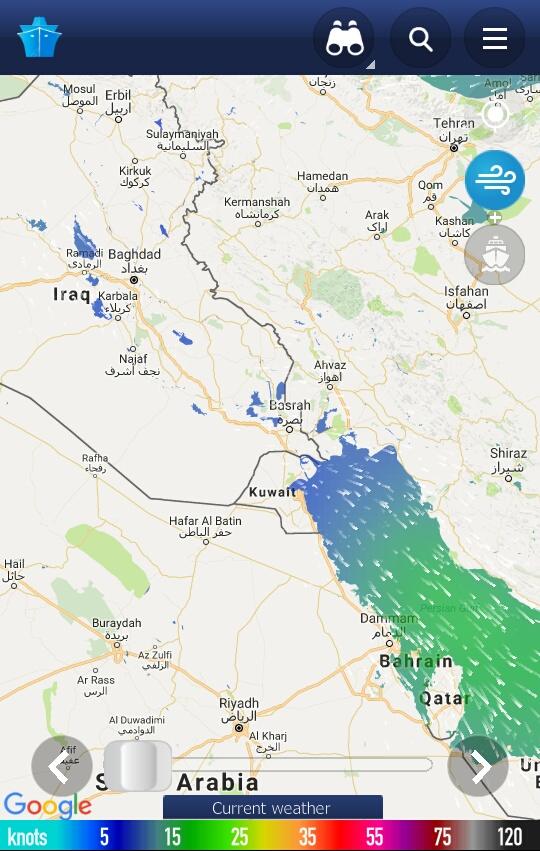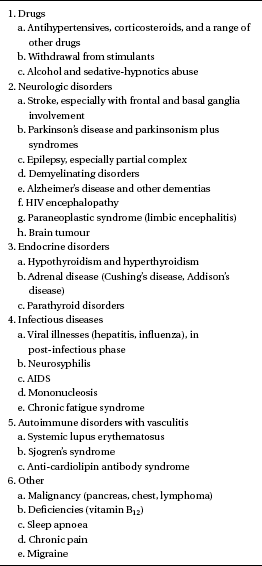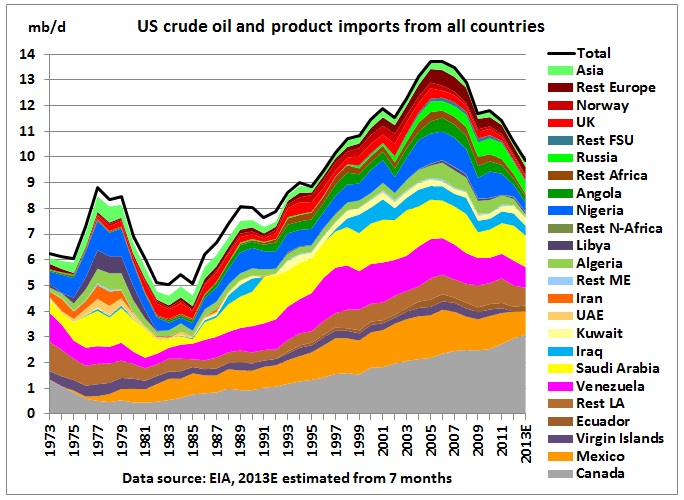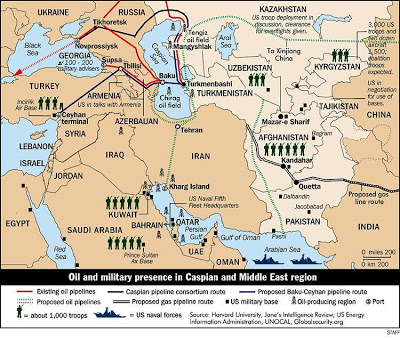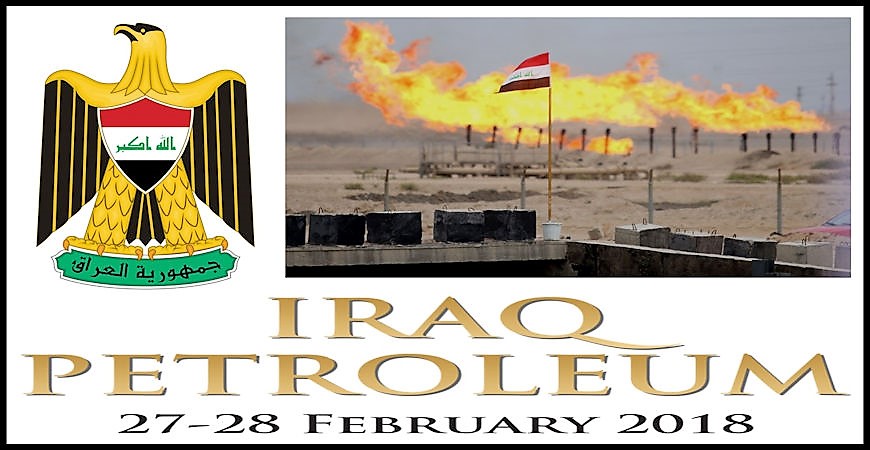By Ahmed Mousa Jiyad.
Any opinions expressed are those of the authors, and do not necessarily reflect the views of Iraq Business News.
The Parliament voted in its session No. 14 of March 5, 2018 on a law reinstating the Iraqi National Oil Company-INOC.
Briefly, the law passed hastily at a critical pre-election time with clear populist politics orientations and motivations.
The law suffers from serious gaps and inconsistencies between the functions of the company and its organisational structure and composition of its management; creates two competing entities for the management of the petroleum extractive sector; it is a blatant afoul to the Constitution; converts sovereign revenues into commercial proceeds for a public company; assigns tasks that are not at all related to its nature as an oil company and, the most dangerous assertion, it legalises the breakup of the country.
Views expressed by its proponents manifest a tactic of known populist politics taking advantages of the national election campaign and thus contributing to the timing and passing of this damaging law; INOC deserves much better law than this.
The executive authority (the Council of Ministers) should act immediately to stop the promulgation process of the law; ask the State Consultative Council to examine the due legitimacy of the law and finally, challenge the constitutionality of the law before the Supreme Constitutional Court.
This was premised on the following assessment:
At the outset, it is necessary to make a caveat. The “final version” of the law was not published on the website of the Parliament; what was published on March 7 is the text of the “first reading” before the vote. The “final version” was posted to me by three parliamentarians; it is the version that was adopted in this evaluation after ensuring that the three copies were identical.
First, the text of the law is completely different from the draft law submitted by the government in April last year; so why and why now?
In the substantive, this is an imposed law by the parliament on the government, which turns the constitutional process upside-down and, thus, the legislative branch breaches the prerogatives of the executive branch. This would surely prompt the latter to invoke its constitutional rights before Supreme Constitutional Court; and it should do so..
Moreover, one could questions the motives and the timing as the country is in the height of the national election and thus, it is the time for populist politics by the proponents of the law. They, i.e. the advocates of the law, assume that those in government are preoccupied with the election campaign and thus would dare to object to such populist appealing politics that is translated into specific provisions, i.e. Article 12, as discussed latter.
Second, the law attaches INOC to the Council of Ministers-CoM and gives its chairman the status of a Minister. In spite of INOC importance, there are serious concerns on this setup:
- There are absolutely no compelling and convincing justifications to or merits in attaching INOC, which is an oil producing company, to the highest executive authority in the country; it was never directly attached to CoM since its creation in the sixties;
- INOC, according to this law, deals with only one sub-sector of petroleum and, thus, this formula may cause damage and conflict in the management of upstream petroleum between two entities, each is headed by a minister. Case to remember is the trade of accusations and blame-game on power shortage and outage between the Ministries of Oil and of Electricity regarding the supply of fuel to power plants;
- The proponents of the law argued for the need to separate the “regulator”, i.e. MoO from the “regulated”, i.e., INOC. That is really absurd; how is it logically, organisationally and operationally possible to have a healthy and functional regulator-regulated relationship when the two entities have an unequal “legal” status and, moreover, when the regulated is attached to higher authority than the regulator!? Illogical and inconsistency and the outcome could very well be a chaotic relationship that could impact negatively the entire petroleum sector.
Ironically, the proponent of this arrangement consider this as “checks and balances”; they really and apparently do not understand what checks and balances entail and between what authorities.
Third: Among the objectives of INOC is, “investment in processing oil and gas industry”; this means investment in refining, gas utilisation and petrochemicals. Leaving rhetorical phrases that dominate the law, there is too much ambiguity regarding the above objective.
- Does the law consider INOC as “investment agency” and it should or could invest in the above mentioned activities/industries? Will it invest in the current or future projects or in its own projects? How it could do that while the law provide nothing in its structure and tasks on these activities;
- Currently, refining activities and gas processing are within the domain of MoO, while petrochemicals fall within the Ministry of Industry and Minerals-MIM. Yet, there are no representatives for the refining sub-sector, i.e. the three state refining companies: North-NRC, Central-MRC and South-SRC in INOC Board of Directors-BoDs;
- It is also strange that the two state gas companies, i.e. North Gas and South Gas were excluded from the list of companies owned by INOC and they are not represented on INOC BoDs. Obviously, gas related activities remain with the Ministry of Oil and this generates further complications, which the law ignores to address: I- it split the upstream petroleum activities between MoO and INOC; II- while INOC, under this law, is responsible for all fields contracted under the licensing rounds, the above split leaves in limbo all free gas fields contracted under third bid round; all gas utilisation provisions under second bid round and all gas discoveries under fourth bid round; III- the organic direct linkage between oil and gas issues since all current gas production is associated gas, which could have detrimental impacts on gas utilization and leaves gas flaring accelerating at a faster pace;
- Under current modalities, SOMO, the oil marketing company, is responsible for imports and exports of all petroleum products though it could assign some of these tasks to other entities, e.g. export of fuel oil through IOTC. Now, with SOMO been part of INOC and the latter is not part of MoO would create further hurdle especially for exporting excessive fuel oil, LPG, naphtha and condensate/NGL
Fourth, among the means INOC has to achieve its objectives is to “manage and operate the main oil pipeline network and ports of export.” However, the state Oil Pipelines Company is not mentioned in the list of companies owned and associated with INOC; the same applies to southern oil export terminals, i.e. al-Basra Oil Terminal-BOT, Khor al-Amaya Oil Terminal-KAOT and the four single point moorings (SPMs). How could INOC manage and operate the pipelines of another company and ports of export it does not own?
To operationalise that, INOC has to conclude arrangements with MoO, but the law avoids specifying such requirements.
Fifth, the law did not specify INOC “organizational structure” except the composition of its BoDs, which was assigned that task when drafting INOCs’ bylaws.
But the law returns to restrict BoDs by stating, “INOC Board of Directors can, with the approval of the Council of Ministers, introduce any change to its organizational structure”.
Sixth, BoDs functions did not include any reference to the contracts (in terms of type, the power to sign and ratify, and the manner and stages of the contracting modality and other legal, procedural and operational aspects) to be concluded by INOC for the development of petroleum fields. This is a fundamental flaw, whether by intention or omission, and leaves the door open to conclude contracts afoul to the Constitution.
Seventh, SOMO occupies critical and significant importance, but this law is rather ambiguous about it. The article specifying the functions of the Chairman of BoDs does not include any mention of SOMO, while the law links this company to the Chairman where it mentions, “directly responsible for supervising the oil marketing company”.
Apart from the ambiguity of the law, this could create managerial complexities that could undermine SOMO operational flexibility in a highly competitive and volatile international oil market; the history of SOMO justifies very clearly such flexibility and thus it would be a grave mistake to ignore the obvious lessons of the distant and recent past!!
Probably, a way out from this impasse could be through:
- Appointing SOMO’ DG as INOC Deputy Chairman for SOMO matters;
- Any decision by INOC BoDs regarding SOMO should be subject to the agreement and approval of SOMO DG;
- In case of disagreement, that should be resolved by debating the matter before and by the decision of the Council of Ministers.
Eighth: The law included a paragraph akin to that has been repeated in the budget laws since 2015 that “obliges INOC to review the concluded service contracts and modify them to ensure the interest of the Iraqi people.”
This rigid and politically motivated mind-set seems to be unaware that these contracts have been amended already and to the detriment of the Iraqi interests and any further amendments would be even more devastating.
It is also apparent that the advocates behind inserting this paragraph are behind leaving the mention of the contracts type (discussed above).
It is strange that this text was included in the specific paragraph on “the management of service contracts that were concluded in the bid rounds “, while the law mentions nothing at all to the, illegal as officially declared by the government, production sharing contracts of the KRG!!!
Ninth, the law comprises too many generalities that are not directly related to the nature of national oil company work; undefined terms for BoDs; complete exclusion of KRG petroleum, though the “Undersecretary of the Ministry of Natural Resources in the Region” is includes in INOC BoDs among others.
Tenth, but the most ridicule, disintegrative, destructive and unconstitutional aspects of this law is those covered by Article 12. Moreover, the proponents of this law have actually expressed confused inaccurate and shallow understanding of basic issues and known terms and concepts they themselves use such as “Alaska model”, “checks and balances”, “renter state”, “role and functions of INOC”, “oil and gas ownership”, “societal forces” among others.
This (Article 12) must be completely deleted from the law for the following reasons:
- It considers revenues generated from the export and sale of oil and gas as “financial revenues for INOC”. This is a flagrant violation of the Constitution, which states that oil and gas belong to the Iraqi people and not a financial return to one public company. Moreover and as mentioned earlier, gas industry and gas companies were excluded from INOC so what are the legal premises that make gas revenues income to INOC?
- Currently, as have been the case since early years of the Iraqi state, petroleum export revenues are, legally considered sovereign revenues, and in the international standards they are managed by sovereign entities namely the Ministry of Finance and Central Bank of Iraq. Thus, such revenues acquire good degree of sovereignty protection under international financial law and international banking and financial institutions. By considering these state sovereign revenues of oil exports as financial revenues for a public company deprives these revenues of the sovereign status and thus exposes them to all forms of seizure and confiscation in implementation of any judicial action in any place where the proceeds exist. This exposes oil export revenues to many high risks.
- The law gives the unelected limited number of INOC BoDs the supreme powers and authority to effectively determine the contribution of oil export revenues in the annual state budget and thus decides the welfare and development of the entire economy! This means that INOC BoDs becomes more important than the Ministry of Finance, the Central Bank and the Cabinet in determining the level of budget expenses; hence the Fiscal Policy, the Monetary Policy and Development Policy all became captive to INOC BoDs. What a non-sense!!
- The Law authorizes INOC BoDs to establish, finance and manage financial entities that are not related to the nature of its activities as an extractive oil company. These entities are the “Citizens Fund”, “Generations Fund” and “Reconstruction Fund”. It is rather strange that these entities, which are usually the functions and powers of the government, especially the Council of Ministers and related ministries, become the exclusive authority of INOC BoDs under this law!
The proponents of this article seem to repeat the same misguided views they insisted on more than ten years ago when they inserted the same funds into the ill-fated oil and gas law and thus contributed to the demise of that law. Strangely enough they argue that these measures by INOC BoDs would end the “renter state”! What a gross misunderstanding of a deep and complex macro structural issue, which what renter state really means, and what it entails of structural changes in the real economy sectors.
Undoubtedly, these three funds are important and urgently needed but INOC has absolutely nothing to do with them. They should be considered and debated thoroughly, explore best possible way to create, manage and fund them through well-articulated legal and institutional framework and transparent governance; as I have debated them previously.
- This article provides the legal cover for disintegrating the country by legalising the breakaway of the producing provinces. “One of the architects behind the new law” was reportedly said the following on the importance of Citizens Fund, “If Basra decides for tomorrow to be independent and sell their oil and gas without INOC. INOC is a window for upstream and marketing, okay? If they decide that fine, it’s your decision, but you will not get your share in that fund. Basra people will not [receive] it, because you are not delivering oil and gas to INOC.” What a shocking, irresponsible and misguided statement!!
First, Basra oil company-BOC produced, in January 2018, 73.6% of total Iraqi production; Basra people would be better-off to keep this percentage against losing their share in the Citizens Fund, which is almost nothing compared with what they will keep. Moreover, their action according to this law is fully legal. The same applies to Missan province, which produces 10.6% of total Iraqi oil production, and so on;
Second, if Basra, Missan and any other oil producing provinces apply this law and keep the revenues of “their” oil what will be left to INOC BoDs?? Nothing, and that terminates the existence of INOC!!
Third, if the above occurs then the constitutional basic principle of “oil and gas are owned by all people of Iraq” would be grossly and emphatically violated.
Fourth, in consequence to the above, the country will practically disintegrate and most likely severe civil war irrupts and regional conflicts escalate.
Hence, the unconstitutionality of this law becomes apparent and why it is very doubtful, therefore, that the proponents of this article have never understood the Constitution correctly though they keep referring to it!!!!
- Also this Article 12 provides the legal cover for formalised corruption and Kleptocracy by assigning to the above three Funds at least 10% of the revenues of the oil exports at the discretion of INOC BoDs. Apart from the high likelihood of abusing such significant funds, a newly reinstated INOC does not and would not have the capacity to manage these funds and thus could derail the company from performing its core functions and duties as an oil company concerns with the development of the upstream petroleum.
In the light of the above it is vital and absolute urgency that:
- The Executive Authority (Council of Ministers) to immediately move to interrupt the process of promulgating this law with the President of the Republic (to hold his approval of the law) and with the Ministry of Justice (to suspend publishing the law on the Official Gazettes- Alwaqee Aaliraqiya);
- The Council of Ministers should request the State Consultative Council to review and identify the illegality of the law;
3 – The Council of Ministers should challenge the constitutionality of the law by launching an appeal before the Supreme Constitutional Court.
INOC deserves much better law than this as this law would disintegrate the country and thus must be revoked.
Norway
12 March 2018
Earlier Arabic text was circulated 8 March 2018 among my network and posted on many websites including: http://www.akhbaar.org/home/2018/3/241534.html
My previous writings on INOC law can be accessed as below:
For Effective and Relevant Law for Iraq National Oil Company-INOC (in Arabic, with Tariq Shafiq), Posted on 19 May 2017 on IBN website http://www.iraq-businessnews.com/2017/05/19/for-effective-and-relevant-law-for-iraq-national-oil-company-inoc/ ) and on many other websites.
The New INOC Law: Brief and Dysfunctional, Posted on 24 April 2017 on IBN website http://www.iraq-businessnews.com/2017/04/24/the-new-inoc-law-brief-and-dysfunctional/ the Arabic text was published by Assabah Aljadeed (NewSabah) Newspaper, Baghdad on 26 April 2017 http://newsabah.com/newspaper/119474
Proposed INOC Law Could Disintegrate Petroleum Sector and Damage the Iraqi Economy, Posted with updated 16 & 22 March 2016 on IBN, http://www.iraq-businessnews.com/2016/03/16/proposed-inoc-law-could-disintegrate-petroleum-sector/ Also posted on the Iraqi Al-Akhbar http://www.akhbaar.org/home/2016/3/208752.html and http://www.akhbaar.org/home/2016/3/209136.html
Article-by-article analysis of INOC Law. Expert Opinion submitted before the Experts’ Hearing Session, Oil and Energy Committee, Iraqi Parliament. 3rd July 2011, Posted on: http://iraqog.com/oil/oillaw/jiyadjuly2011.htm; and http://www.iraq-businessnews.com/2011/07/07/detailed-analysis-of-draft-inoc-law/
INOC Law: Shaky Premises and Doubtful Prospect, MEES v54:n20, Monday 16 May 2011.
Remarks on the Proposed INOC Law. Presentation delivered before MENA 2009 Oil &
Gas Conference, Imperial College, University of London, UK. 28th– 29th September 2009.
http://www.targetexploration.com/MENA09.pdf and published on MEES 52:40, 5 October 2009.
Technical assessment of the INOC Law. Posted on Iraq Oil Report http://www.iraqoilreport.com/the-biz/technical-assessment-of-the-inoc-law-2121/
The new draft INOC law takes us back to square one” posted on Energy Intelligence http://www.energyintel.com/n/portal/iraqs-second-oil–gas-bid-round.aspx
Please click here to download the full article in pdf format.
Mr Jiyad is an independent development consultant, scholar and Associate with the former Centre for Global Energy Studies (CGES), London. He was formerly a senior economist with the Iraq National Oil Company and Iraq’s Ministry of Oil, Chief Expert for the Council of Ministers, Director at the Ministry of Trade, and International Specialist with UN organizations in Uganda, Sudan and Jordan. He is now based in Norway (Email: mou-jiya(at)online.no, Skype ID: Ahmed Mousa Jiyad). Read more of Mr Jiyad’s biography here.


